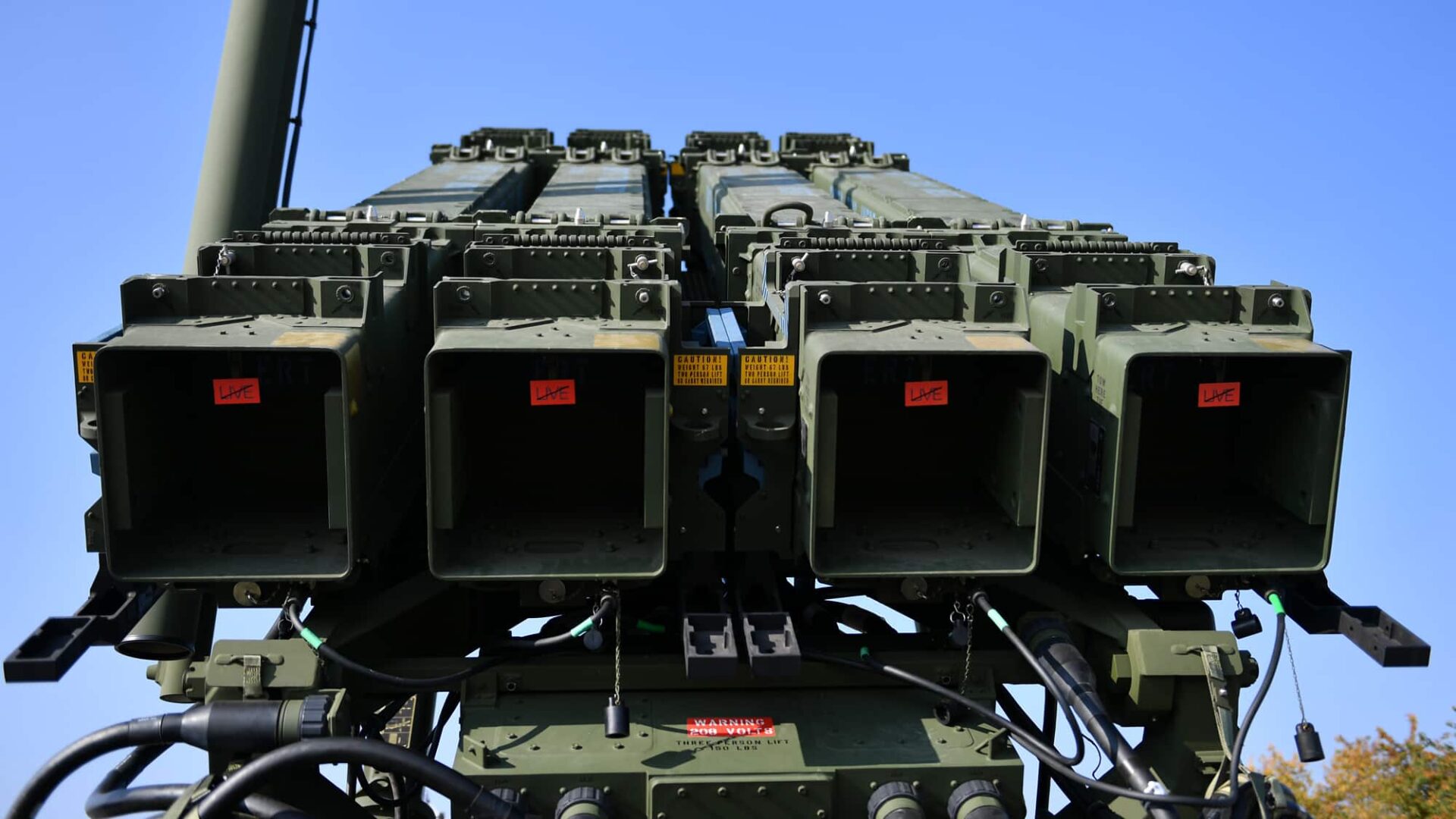The majority of European Union countries are members of the North Atlantic Alliance – and even if some European countries are not, they aim to join both the alliance and the European Union. This includes countries that Russia considers under its sphere of influence – such as Ukraine, Georgia and others. Russia actively engages in destructive, criminal activities in Europe, eliminating its opponents – for example, in 2014 Russian military intelligence officers were involved in bombing ammunition warehouses in the Czech Republic, which were supplying and intended to supply weapons and armaments to Ukraine. Russia was also involved in an attempted coup and overthrow of the government in Montenegro. Ironically, it was the same officer, personally known by name, whom the Poles expelled for spying from Poland in 2015. These are harmful, warlike actions – hence why European Union and NATO countries are so heavily committed to supporting Ukraine. There is immense engagement on the side of Ukraine, and against Russia, with equipment, ammunition, training, reconnaissance, financial support, and any other conceivable forms.
“What we see in the world today in terms of armed conflicts, tensions, or any phenomena perceived as negative related to security can be defined as a state of war. This war, global conflict, is already ongoing,” said Maciej Matysiak, an expert from the Stratpoints Foundation, lecturer at ANS Gniezno, to eNewsroom.pl service. “It has been escalating for some time – in cyberspace, political space – but also in kinetic spaces, in various places around the world, including with the active participation of Russia. Today’s global conflict is accelerating in a direct form. This is a war of a completely different type – a mixture of socio-political-military actions, with new tools which include cyberspace. It all started with Russia’s invasion of Ukraine in 2014. But elements of the war also include direct interference in the presidential elections in the United States by Russia, which influenced the result and effectively allowed Donald Trump to take the presidency against the Democratic candidate, Hillary Clinton. These were actions that led to the United Kingdom’s departure from the European Union, i.e., Brexit. There are also interventions in the electoral processes in European countries by clearly pro-Russian, anti-EU groups such as Vox, Mr. Salvini, Mrs. Marine Le Pen, actions by Prime Minister Orban and other groups. There are also parties in Poland that clearly and loudly advocate for anti-EU slogans, aim at breaking up the European Union – which is, in fact, the main economic and military opponent for Russia,” explains Matysiak.
